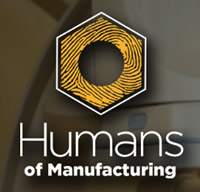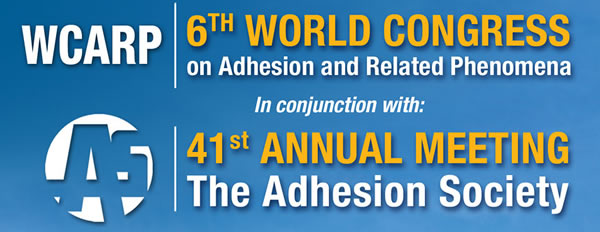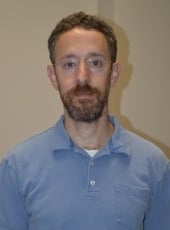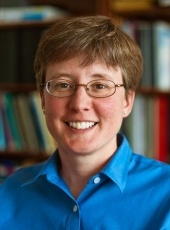 Bruce Lee (BioMed), Rupak Rajachar (BioMed), Ameya Narkar, Ariana Tyo and Saleh Akram attended the 42 Annual Meeting of the Adhesion Society in Hilton Head, South Carolina.
Bruce Lee (BioMed), Rupak Rajachar (BioMed), Ameya Narkar, Ariana Tyo and Saleh Akram attended the 42 Annual Meeting of the Adhesion Society in Hilton Head, South Carolina.
Lee served as the chair of the Bioadhesion Division within the Adhesion Society and was one of the organizers in the meeting. Rajachar chaired two sessions entitled “Interfaces in Pharmaceutical Sciences” and “Bioadhesive Chemistry.”
Narkar gave an oral presentation entitled “Evaluating Rapid Switching and Reversible Adhesion of Adhesive Hydrogel-Coated PDMS Micropillars,” a project directed by Lee. Narkar also co-chaired a session entitled “Bioadhesive Chemistry.”
Tyo gave an oral presentation entitled “Optimizing of Two-Step Adhesive Coating for the Mitigation of Field Associated Infection in Cetacean Satellite Telemetry Tags,” a project directed by Rajachar.
Akram gave an oral presentation entitled “Controlling Redox Reaction of Conductive Smart Catechol Adhesive using Electrochemistry,” a project directed by Lee.
The meeting took place February 17-20, 2019.

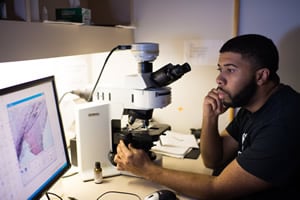 Michigan Tech students interested in medicine, veterinary medicine and other health-related professions participated in the
Michigan Tech students interested in medicine, veterinary medicine and other health-related professions participated in the 
